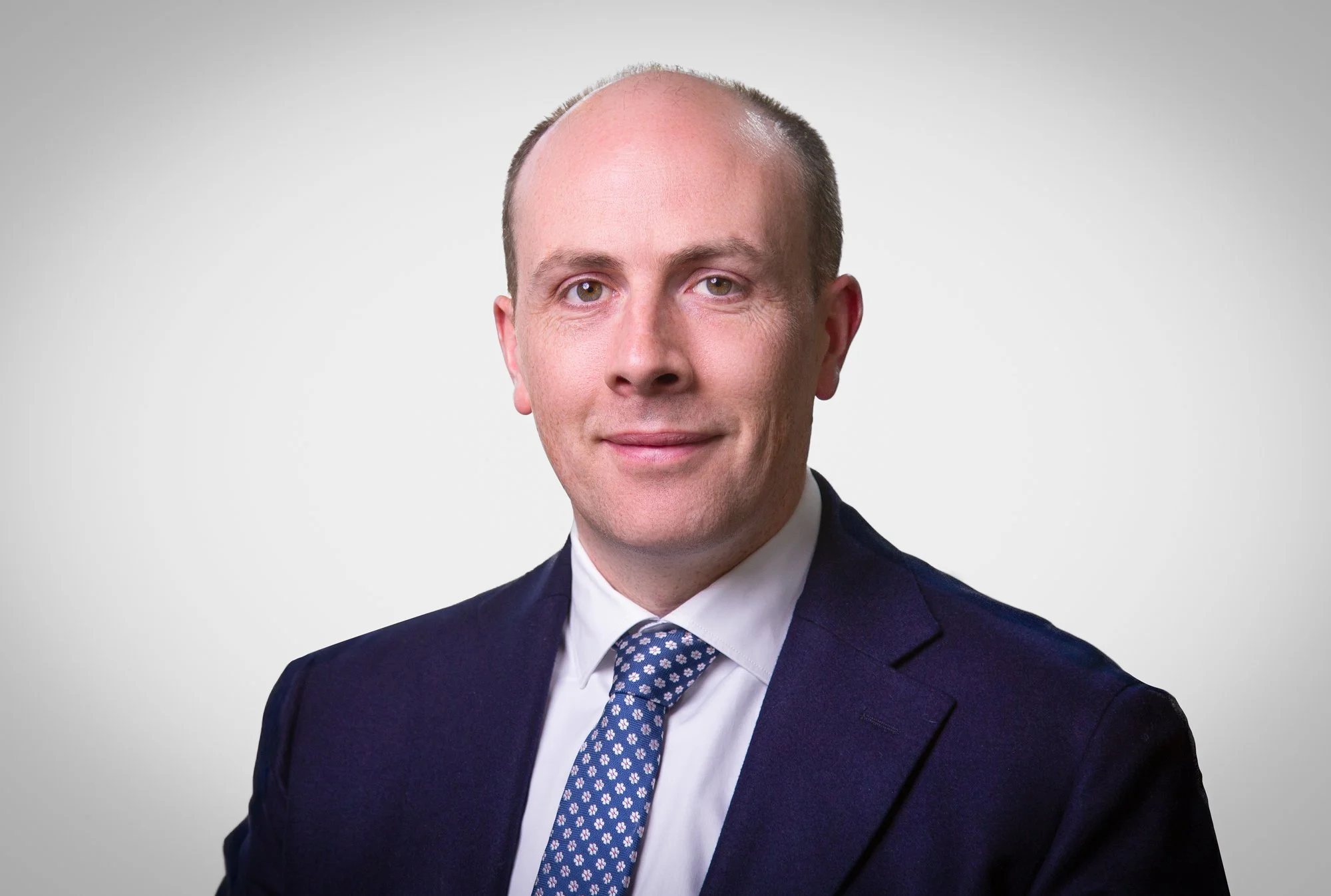
SVT
Supraventricular Tachycardia
Supraventricular Tachycardia (SVT) refers to a group of heart rhythm disorders that originate above the heart’s ventricles, specifically in the atria or the atrioventricular (AV) node.
Supraventricular Tachycardia (SVT) refers to a group of heart rhythm disorders that originate above the heart’s ventricles, specifically in the atria or the atrioventricular (AV) node.
In SVT, the heart beats much faster than normal, typically above 100 beats per minute, and can reach rates of 200-300 beats per minute.
While SVT can be a concerning condition due to the rapid heart rates and potential symptoms, it is usually treatable. With proper diagnosis, medication, and lifestyle adjustments, most people with SVT can manage their condition effectively and lead a normal life.
If you experience symptoms of SVT, it is important to seek medical advice to determine the most appropriate treatment plan.
-
Ventricular Tachycardia (VT) is a rapid heart rhythm originating from the ventricles, the heart's lower chambers. It occurs when abnormal electrical signals cause the ventricles to beat too quickly. This condition can interfere with the heart's ability to pump blood effectively, leading to symptoms like dizziness, chest pain, or even fainting. In severe cases, VT can lead to sudden cardiac arrest.
-
Sudden onset of a fast, racing heartbeat
Palpitations or feeling of fluttering in the chest
Dizziness or lightheadedness
Shortness of breath
Chest discomfort or tightness
Fatigue or weakness
SVT episodes can last from a few seconds to several minutes, and some people may experience them only occasionally, while others may have frequent episodes.
-
Abnormal Electrical Pathways
Some people are born with extra electrical pathways in the heart, such as in Wolff-Parkinson-White (WPW) Syndrome, which can trigger SVT episodes.
Heart Conditions
Coronary artery disease (blocked arteries)
Heart failure
Previous heart surgery (which may alter electrical pathways)
Stimulants & Lifestyle Factors
Excessive caffeine or alcohol
Smoking and recreational drugs (e.g., cocaine, amphetamines)
Emotional stress or anxiety
High Blood Pressure (Hypertension)
Increased strain on the heart may contribute to episodes of SVT.
-
To diagnose SVT, a healthcare provider may use the following methods:
Electrocardiogram (ECG or EKG): To measure the electrical activity of the heart and identify abnormal rhythms.
Holter monitor: A portable ECG device that records heart rhythms over 24-48 hours to capture intermittent episodes.
Electrophysiology study (EPS): A more invasive test to map the heart’s electrical pathways.
-
Treatment for SVT focuses on managing the rapid heart rate and preventing further episodes. Some options include:
Medications: Beta-blockers or calcium channel blockers to control heart rate, and antiarrhythmic drugs to prevent future episodes.
Cardioversion: In cases where the episodes are prolonged or severe, electrical cardioversion may be performed to restore normal rhythm.
Catheter ablation: A procedure to destroy the abnormal electrical pathway in the heart that causes SVT, offering a potential cure for recurrent SVT.
Dr John keaney
Dr. Keaney graduated with honors from University College Dublin's medical school in 2004. During his postgraduate training, he completed two years of research at the Mater Hospital, earning a Newman Fellowship from UCD.
He further honed his expertise with a two-year fellowship in advanced cardiac electrophysiology at Massachusetts General Hospital, a primary teaching hospital of Harvard Medical School.
Dr. Keaney is currently part of the joint College of Physicians working group on atrial fibrillation and stroke, reflecting his commitment to advancing cardiovascular care and research.





